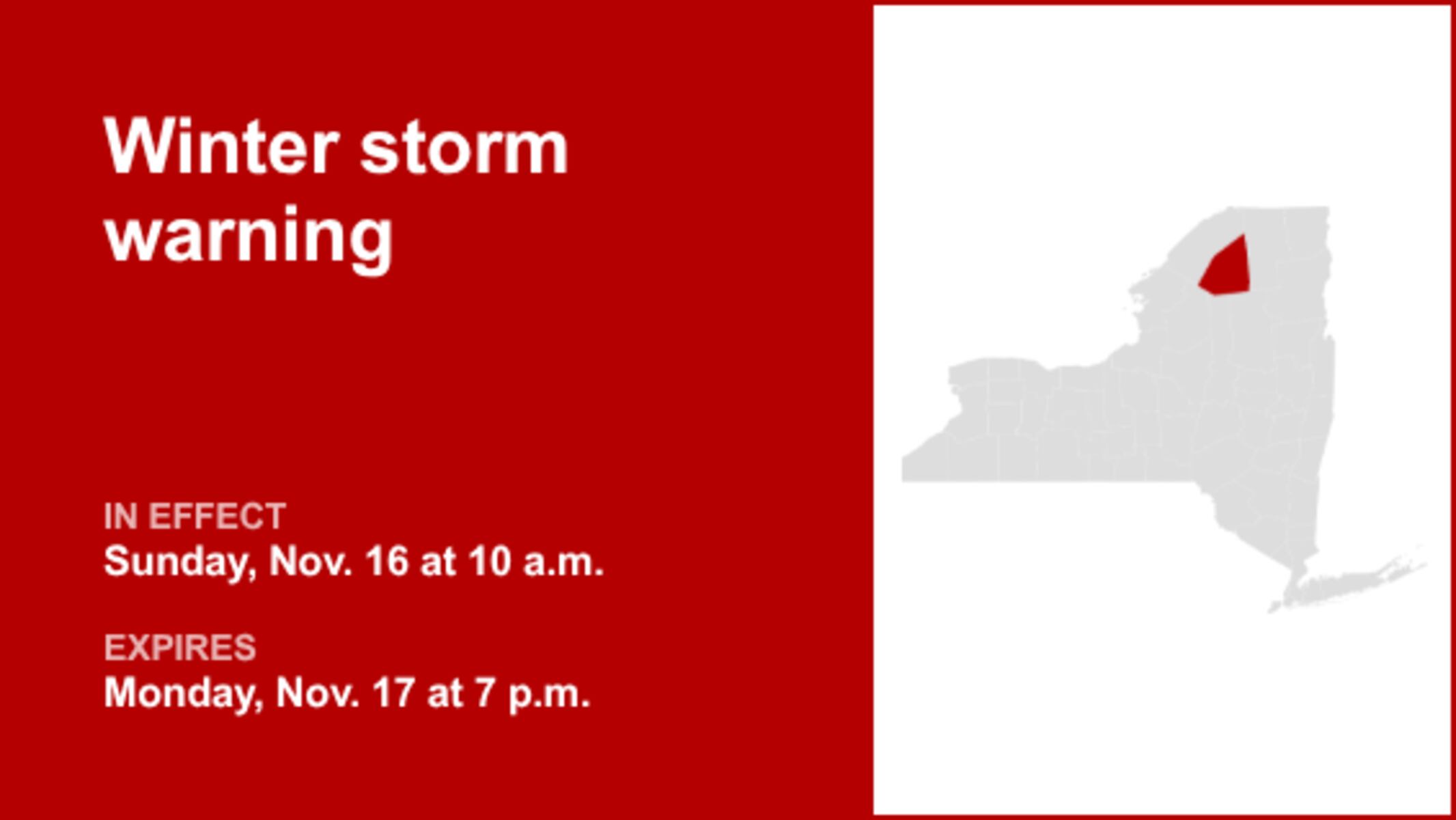URGENT UPDATE: The NHS has just announced critical guidance for individuals experiencing severe flu symptoms. Patients are urged to call 999 or visit A&E if they exhibit specific warning signs, as flu cases surge across the UK this winter.
Flu, while typically a mild illness for many, can escalate quickly and lead to serious health complications, particularly for vulnerable populations. The NHS lists key symptoms that should prompt immediate action, including:
- Coughing up blood
- Sudden chest pain
- Difficulty breathing
The flu virus is prevalent throughout the year, but cases tend to peak during the winter months. Many individuals will recover with rest and hydration, but those at higher risk—including individuals aged 65 and over, pregnant women, and those with chronic health issues—must be vigilant.
According to the latest NHS advice, if you are at higher risk and develop symptoms such as:
- Tiredness or exhaustion
- Loss of appetite
- Body aches
- Sore throat
- High fever
- Dry cough
- Diarrhea or abdominal pain
- Severe headache
…you should book an urgent GP appointment or call 111 for further guidance.
Additionally, if severe symptoms occur, do not drive yourself to A&E. Instead, ask someone to drive you or call 999 for an ambulance. The NHS emphasizes that timely intervention can be crucial.
“Recognizing the signs of a severe flu infection can save lives. If you experience any of these critical symptoms, act immediately,” a spokesperson for the NHS stated.
The NHS continues to offer free flu vaccinations to those eligible, significantly improving protection against the virus. With flu season in full swing, it’s vital for the public to stay informed and responsive to their health needs.
For more information on flu symptoms and guidance, visit the NHS website.
What happens next? Monitor your health closely and consult healthcare professionals if you have concerns. Stay safe and share this vital information with friends and family to ensure everyone knows how to respond to flu symptoms effectively.







